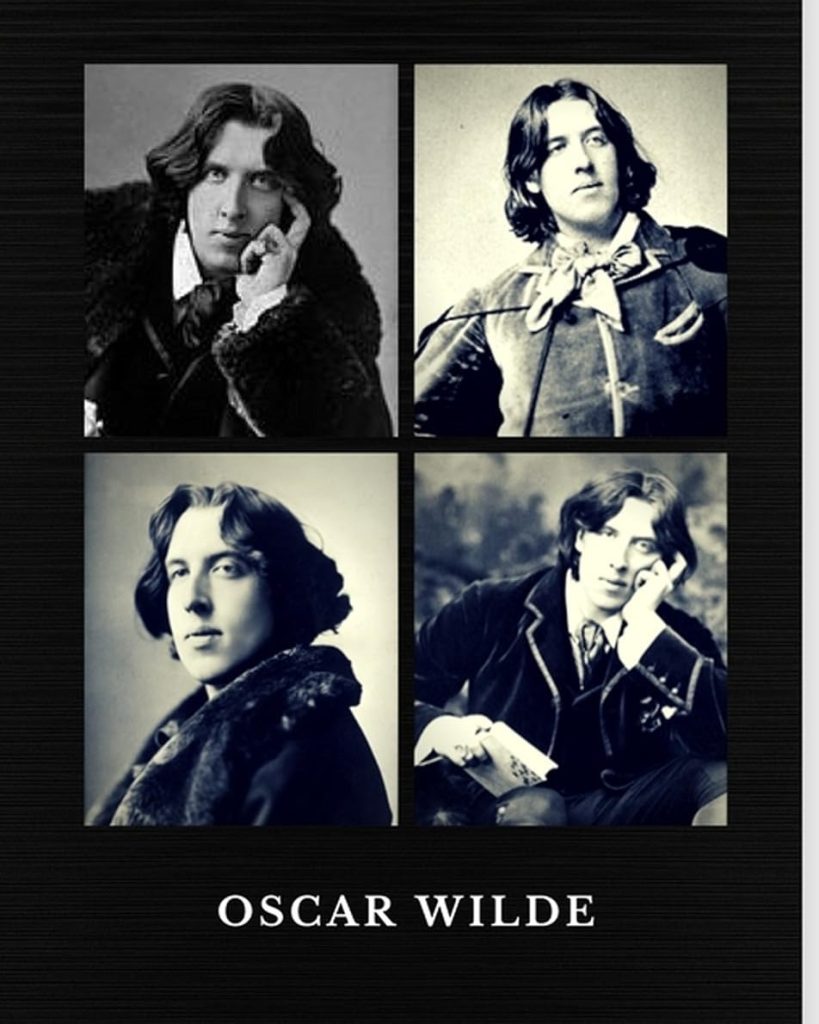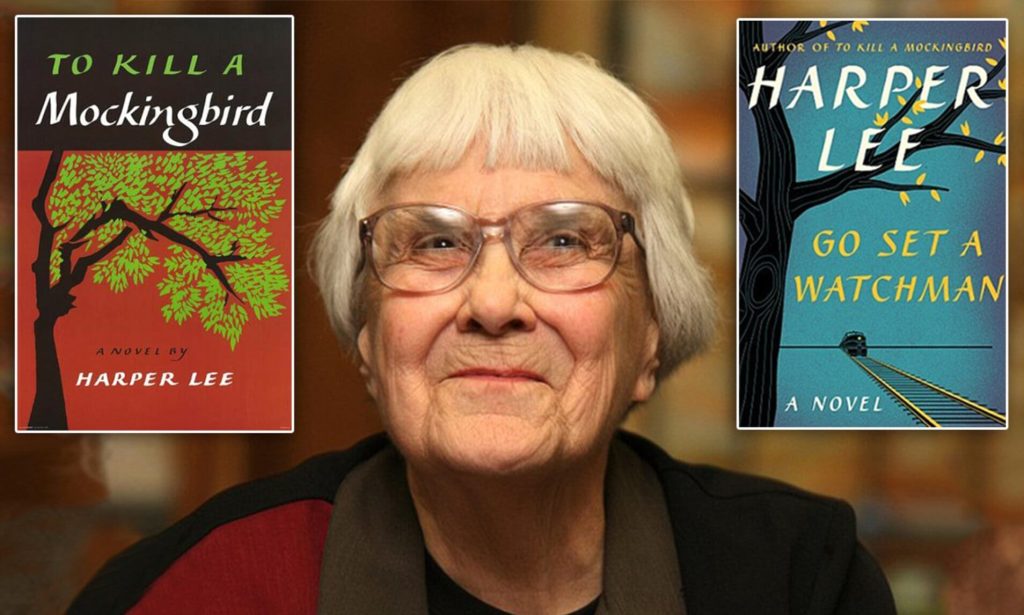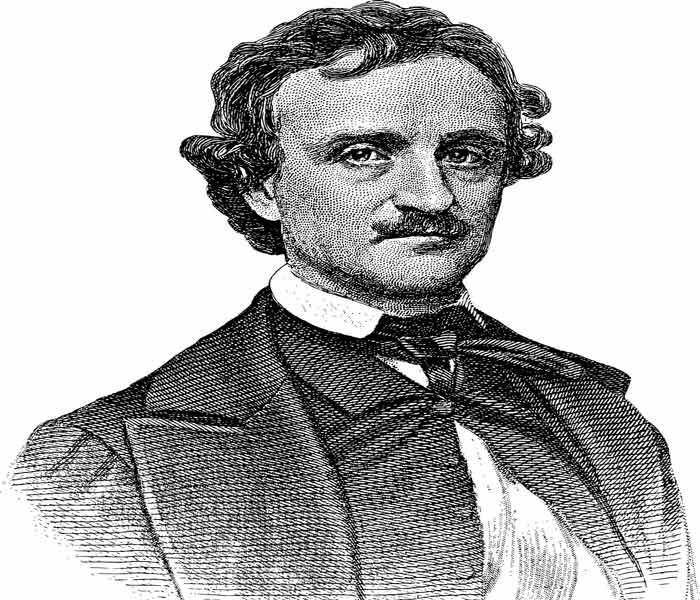Ever met a character who feels more alive than real people? Oscar Wilde’s characters do just that. Through clever dialogue and unforgettable personalities, Wilde breathed life into characters that have stood the test of time.
From the mysterious allure of Dorian Gray to the sharp-tongued humor of Lady Bracknell, Wilde’s creations have captured the imaginations of readers for generations.

But what exactly makes these characters so compelling? In this article, we explore the genius behind Wilde’s most iconic characters and why they remain favorites among readers worldwide.
What are the Most Important Oscar Wilde’s Characteristics?
Oscar Wilde was a unique and fascinating figure, known for his sharp wit, love of beauty, and rebellious spirit. Here are some of his most important characteristics:
- Witty and Humorous
Wilde was famous for his quick wit and clever humor. He had a knack for making sharp observations about society, often using humor to point out its flaws. His plays, like The Importance of Being Earnest, are full of funny lines that make fun of the upper class and their silly behaviors.
- Love of Beauty
Wilde was a leading figure in the Aesthetic Movement, which believed that art should be beautiful above all else. He loved beautiful things and believed that life itself should be a work of art. His novel The Picture of Dorian Gray explores the dangers and allure of living life purely for pleasure and beauty.
- Nonconformist
Wilde was a rebel who didn’t follow society’s strict rules. He challenged the norms of his time, especially those about morality and class. His bold lifestyle and refusal to hide his true self, even when it led to his imprisonment for his homosexuality, showed his commitment to living authentically.
- Tragic and Bold
Wilde’s life was marked by both brilliance and tragedy. His flamboyant personality and outspoken nature made him famous, but they also led to his downfall. His unwillingness to conform eventually resulted in his trial and imprisonment, showing both his courage and the tragic consequences of living boldly in a repressive society.
- Master Storyteller
Above all, Wilde was a great storyteller who could captivate audiences with his tales. Whether in plays, novels, or fairy tales, his writing is engaging, full of vivid descriptions, and always makes you think. Wilde’s legacy endures because of his unique voice and his fearless approach to life and art.
Who Are the Memorable Characters Created by Oscar Wilde?
Oscar Wilde’s works are rich with memorable characters that vividly explore human nature, morality, and society. Here are some of his most notable creations:
Dorian Gray from The Picture of Dorian Gray
- Who is Dorian Gray?
Dorian Gray is the protagonist of Wilde’s only novel, The Picture of Dorian Gray. A handsome young man, Dorian becomes the subject of a portrait by artist Basil Hallward. Under the influence of the hedonistic Lord Henry Wotton, Dorian wishes that he could always remain as young and beautiful as his portrait. His wish is mysteriously granted, and while he remains outwardly youthful, his portrait ages and reflects the consequences of his moral corruption.
- What Makes Dorian Memorable?
Dorian Gray stands out because he embodies the duality of human nature—the conflict between outward beauty and inner morality. Wilde uses Dorian to explore themes of aestheticism, the superficiality of society, and the dangers of living a life without moral accountability. Dorian’s descent into debauchery and the chilling transformation of his portrait make him a powerful symbol of the consequences of unchecked hedonism and vanity.
Algernon Moncrieff from The Importance of Being Earnest
- Who is Algernon Moncrieff?
Algernon, or “Algy,” is one of the main characters in Wilde’s most famous play, The Importance of Being Earnest. He is a young bachelor who enjoys a carefree lifestyle and is known for his witty repartees and indulgent habits. Algy is the cousin of Gwendolen Fairfax and the friend of Jack Worthing, the play’s other protagonist.
- What Makes Algernon Memorable?
Algernon captures attention with his wit, charm, and his rebellious attitude towards social conventions. He invents a fictional friend named “Bunbury” whom he uses as an excuse to escape social obligations and live life as he pleases—a concept he refers to as “Bunburying.” Algy’s playful nature and his love for the absurd highlight Wilde’s critique of Victorian social mores and the trivialities of the upper class.
Jack Worthing from The Importance of Being Earnest
- Who is Jack Worthing?
Jack Worthing, also known as “Ernest,” is the play’s other protagonist. He is a wealthy young man who leads a double life—respectable in the country as “Jack” and a fun-loving libertine in London as “Ernest.” Jack is in love with Gwendolen Fairfax, but his pursuit of her is complicated by his fabricated identity and the play’s comedic misunderstandings.
- What Makes Jack Memorable?
Jack is memorable because he represents the dualities of Victorian society—respectability versus desire, public virtue versus private vice. His deceptive lifestyle and the eventual unraveling of his dual identity provide a humorous yet sharp commentary on the nature of truth and the absurdity of social pretenses. Jack’s quest for love and identity, alongside his transformation throughout the play, makes him a compelling character.
Gwendolen Fairfax from The Importance of Being Earnest
- Who is Gwendolen Fairfax?
Gwendolen is a sophisticated and confident young woman who is in love with Jack Worthing, whom she believes is named “Ernest.” She is the daughter of Lady Bracknell, a formidable and aristocratic woman who has strict views on social status and marriage.
- What Makes Gwendolen Memorable?
Gwendolen stands out due to her wit, confidence, and her funny obsession with the name “Ernest,” which she believes stands for honesty and integrity. She represents Wilde’s satire of the shallow values of the upper class, as her love is more focused on a name than on true feelings or character. Her clever dialogue and bold personality make her one of Wilde’s most entertaining and memorable female characters.
Lady Bracknell from The Importance of Being Earnest
- Who is Lady Bracknell?
Lady Bracknell is a domineering, aristocratic matriarch and the mother of Gwendolen Fairfax. She is a formidable character known for her strict adherence to social proprieties and her comically severe demeanor.
- What Makes Lady Bracknell Memorable?
Lady Bracknell is unforgettable due to her authoritative presence, her sharp tongue, and her uncompromising views on social status and marriage. She serves as a satirical representation of the Victorian aristocracy, embodying its rigid classism and obsession with wealth and status.
Her famous lines, such as her incredulous reaction to Jack’s lack of respectable lineage (“To lose one parent may be regarded as a misfortune; to lose both looks like carelessness”), highlight Wilde’s critique of social elitism and make her one of his most iconic characters.
Cecily Cardew from The Importance of Being Earnest
- Who is Cecily Cardew?
Cecily is Jack Worthing’s ward and a romantic young woman who is enamored with the idea of love and adventure. She is fascinated by Jack’s fabricated brother, “Ernest,” whom she imagines to be a dashing and romantic figure.
- What Makes Cecily Memorable?
Cecily captivates with her youthful innocence, romantic imagination, and her humorous obsession with her fictional fiancé, “Ernest.” She represents the idealistic and somewhat naïve view of love prevalent in Victorian society. Cecily’s lively imagination and the comic misunderstandings that arise from her fantasies make her a charming and endearing character.
Miss Prism from The Importance of Being Earnest
- Who is Miss Prism?
Miss Prism is Cecily Cardew’s governess and a somewhat prudish character who secretly harbors romantic feelings for Dr. Chasuble, the local vicar. She is also revealed to have a mysterious past that significantly impacts the play’s resolution.
- What Makes Miss Prism Memorable?
Miss Prism is memorable for her dual nature—her outward appearance of moral rectitude contrasted with her romantic and scandalous past. She embodies the theme of hidden desires and secrets that Wilde frequently explores. Her comedic interactions with Dr. Chasuble and her role in the play’s farcical plot twists add depth to her character and contribute to the play’s humor.
Salomé from Salomé
- Who is Salomé?
Salomé is the central character in Wilde’s play of the same name, a one-act tragedy written in French. She is a young princess who becomes infatuated with John the Baptist (Iokanaan) and ultimately demands his head on a silver platter as a reward for performing the Dance of the Seven Veils.
- What Makes Salomé Memorable?
Salomé is unforgettable for her intense and dangerous combination of innocence and desire, as well as her willingness to go to any lengths to satisfy her lust and obsession. Wilde’s portrayal of Salomé as a femme fatale who is both victim and villain gives her a complex and haunting presence in literature. Her sensuality, combined with the macabre nature of her desires, makes her a unique and unforgettable character in Wilde’s oeuvre.
Mr. Hiram B. Otis and Sir Simon de Canterville from The Canterville Ghost
- Who are Mr. Hiram B. Otis and Sir Simon de Canterville?
Mr. Hiram B. Otis is an American minister who moves his family to Canterville Chase, a haunted mansion in England. Sir Simon de Canterville is the resident ghost who has been haunting the mansion for centuries.
- What Makes Them Memorable?
Mr. Otis is memorable for his pragmatic American attitude and skepticism toward the supernatural. He represents the modern, rational mindset clashing with old-world superstition.
Sir Simon de Canterville is a ghost who haunts Canterville Chase. He tries to scare the Otis family, but they don’t believe in ghosts and just ignore him. As he struggles to frighten them, Sir Simon ends up finding redemption through their kindness. This story blends humor and emotion while showing how different cultures can misunderstand each other and how even a ghost can find a second chance.
Who Are the Most Memorable Negative Characters Created by Oscar Wilde?
Oscar Wilde’s negative characters are memorable because they are not merely evil for the sake of being evil. They possess traits that make them interesting and complex, such as charm, intelligence, or social influence, which they use to manipulate and harm others. Their memorable nature comes from their ability to impact the lives of others in significant and often destructive ways.
Here’s a closer look at some of Wilde’s most notable negative characters and what makes them so memorable:
Lord Henry Wotton from The Picture of Dorian Gray
Lord Henry Wotton is one of Wilde’s most memorable negative characters. He is charming and intelligent but uses these traits to manipulate and corrupt others. His philosophy of hedonism, which values personal pleasure above all else, leads Dorian Gray down a dark path. Lord Henry’s influence is so profound that he turns Dorian from a promising young man into someone consumed by vanity and moral decay. His impact on Dorian’s life demonstrates how powerful and dangerous negative influences can be.
Why He’s Memorable: Lord Henry’s charisma and philosophical ideas make him a fascinating and persuasive villain. His ability to corrupt others with his ideas shows the dangerous side of intellectual influence.
The Duchess of Berwick from An Ideal Husband
The Duchess of Berwick is a character who embodies the negative traits of hypocrisy and social manipulation. She is wealthy and influential but uses her position to spread gossip and meddle in others’ lives. Her actions are driven by a desire for control and self-interest, making her a negative force in the play.
Why She’s Memorable: The Duchess represents the darker side of high society, where personal gain and social status are prioritized over genuine relationships and integrity. Her manipulation and deceit add significant tension to the story.
Mrs. Erlynne from A Woman of No Importance
Mrs. Erlynne is a complex negative character who initially appears as a social climber with questionable morals. She is known for her scheming and opportunistic behavior, using her past to manipulate others for her advantage. Her actions are driven by a desire for respectability and financial security, often at the expense of others’ well-being.
Why She’s Memorable: Mrs. Erlynne’s dual nature—charming on the surface but scheming underneath—makes her a compelling negative character. Her motivations and actions reflect the moral ambiguities and complexities of social ambition.
The Bottom Line
Oscar Wilde’s unforgettable characters continue to captivate readers long after the final page is turned. If you haven’t yet experienced the brilliance of Wilde’s characters, now is the perfect time to dive into his works and discover why they have left such an indelible mark on literature.
His books offer not just a glimpse into the human psyche but also a journey through the rich tapestry of Victorian society—one filled with intrigue, passion, and timeless wisdom.



Pingback: Forgotten Literary Characters: Must-Know Figures